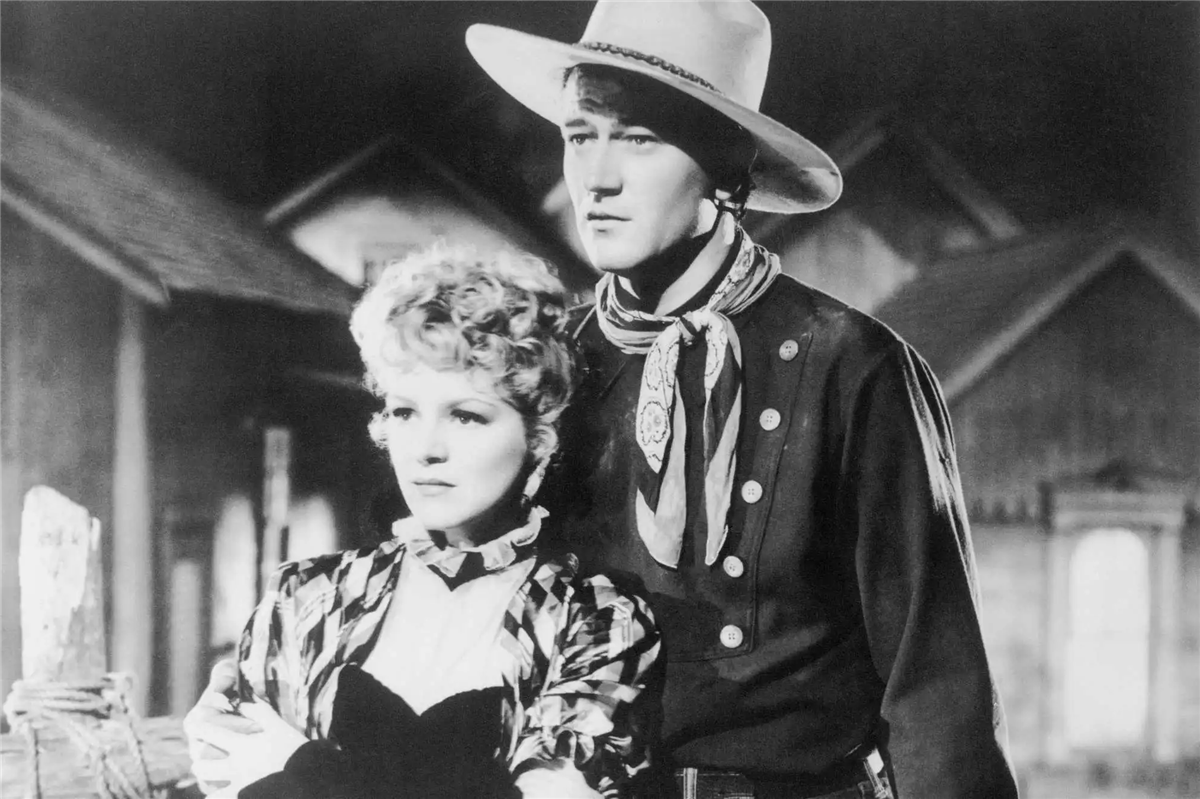John Wayne abandoned what his The Big Trail director demanded of him in great frustration.
Having had minor film roles as the sound era was coming into Hollywood during the late 1920s, John Wayne finally had his big break with The Big Trail. The 23-year-old prop boy was spotted by director Raoul Walsh moving studio furniture when he cast him in the Western’s starring role as Breck Coleman. The filmmaker suggested that the young Marion Morrison use Anthony Wayne as his stage name after the Revolutionary War General “Mad” Anthony Wayne. However, the Fox Studios boss Winfield Sheehan thought it sounded “too Italian”, so suggested “John Wayne” instead.
The Big Trail would be the first big-budget outdoor movie of the sound era, filmed in the still largely empty American Southwest with hundreds of extras with a budget of a then-whopping $2 million. Although the 70mm epic would be a massive box office flop, the film would be praised decades later by modern critics and selected for preservation in the National Film Registry by the US Library of Congress in 2006.
Before his first screen test for the movie, Wayne had a demand from his director that left him extremely frustrated.
As shared on Instagram by Wayne’s estate, Duke’s unfin ished autobiography reads: “Before the test, Walsh wanted me to go to a drama coach. The studio had sent the coaches out from New York. because — insecurity, just slightly more rampant then than it is now — the bosses figured the silent motion picture directors were nearly expendable because most of them didn’t know anything about dialogue.
“The studio heads got very involved in ‘Haste, thee nymph, and bring to me youthful jest’ type of dialogue, and I was to meet the now standard studio requirement of taking the lessons. The coach, whose name I’ve long since forgotten, but whose black cape and sweeping manners I’ll never forget, went to work on what must have been the most reluctant student he’d ever seen.”
Wayne continued: “He kept working on the lines where I have to return to the camp and Zeke, the old man in the film, is going on into the valley. At this point, I was to say, ‘Zeke, when you see that GREAT WHITE MOUNTAIN, say hello for me.’ I kept at it and before long, I was swirling my arms around an imaginary camp and booming, ‘Zeke, when you see that GREAT WHITE MOUNTAIN, SAY HELLO FOR ME.’ I got so I could stretch the word ‘Great’ and ‘Me’ out to interminable lengths. Within days of saying HELLO to the GREAT WHITE MOUNTAIN, I had had enough.
“I stopped going but I continued with my other activities; workouts which required me to throw hatchets at things and practice with knives. At this, I was good.”
